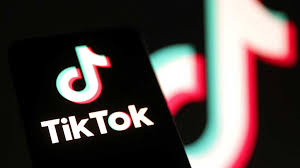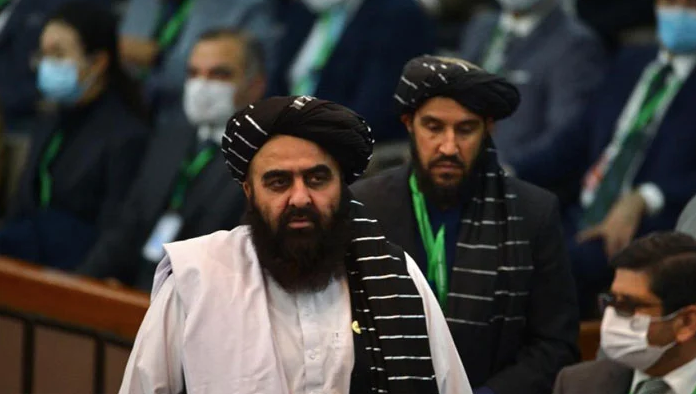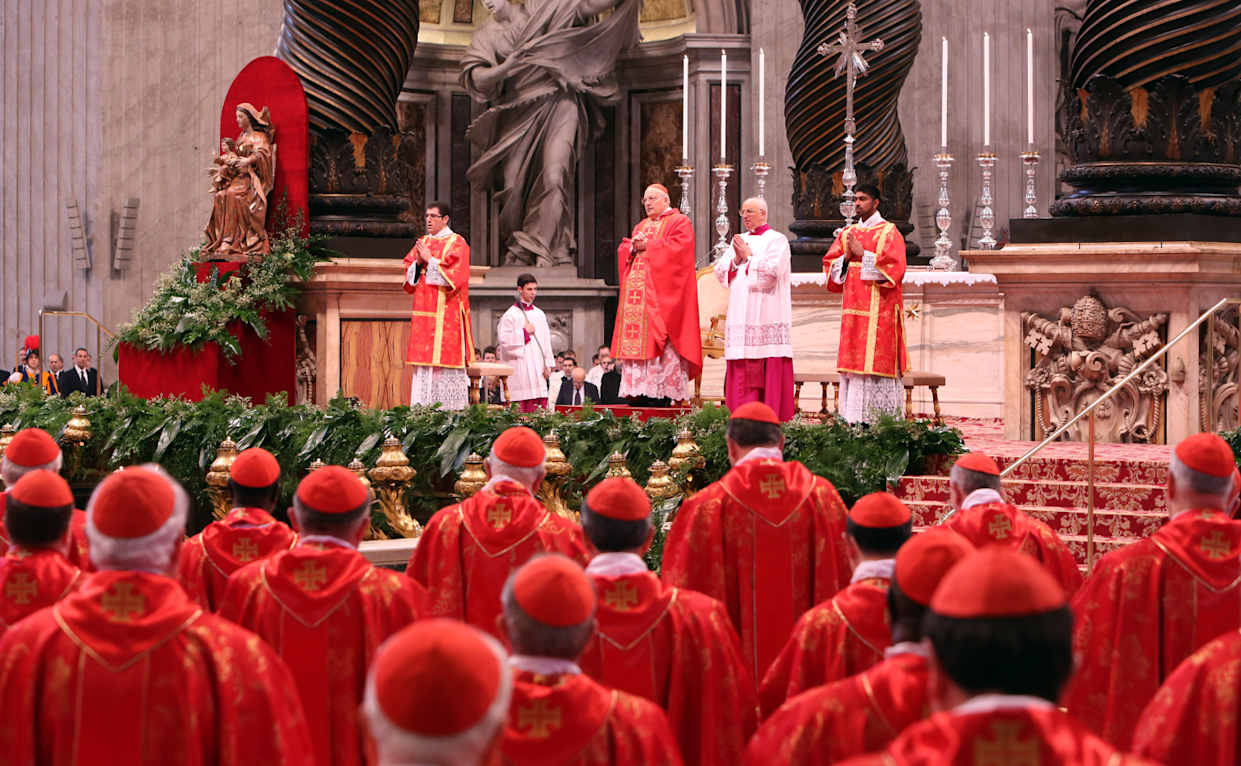WORLD NEWS

The future of TikTok in the United States is now uncertain, as the U.S. Supreme Court upheld a decision on Friday to implement a federal ban on the popular social media platform. The ban, which could take effect as early as Sunday, threatens to sever access to the app, which has captivated roughly 170 million American users and generated substantial revenue for both small businesses and content creators.
This unprecedented move comes after a law signed by President Joe Biden in April, aimed at addressing national security concerns over TikTok’s ties to China. Under the terms of the law, TikTok, owned by the Chinese company ByteDance, must sever its connections to its parent company or face a complete shutdown of its U.S. operations.
The platform’s potential closure would mark the first major shutdown of a social media app in the U.S. and send shockwaves through the digital economy. With an estimated $20 billion in revenue expected in 2025, TikTok has become a central force in shaping online culture, entertainment, and marketing.
As the deadline approaches, TikTok has warned that it will shut down its operations in the U.S. on Sunday unless the Biden administration provides assurances to companies like Apple, Google, and Oracle that they will not face enforcement actions when the ban takes effect.
Without a formal delay from President Biden, TikTok’s business partners could be legally liable, creating further uncertainty for the app’s future. Users, particularly younger demographics, have already begun migrating to alternative platforms such as China-based RedNote, while competitors like Meta and Snap have seen their stocks rise as speculation grows about an influx of new users and ad dollars.
Marketing professionals who rely on TikTok for advertising are scrambling to find solutions, with one executive describing the situation as a “hair on fire” moment. For months, many had assumed that a resolution would emerge, but with the ban now imminent, contingency plans are in high demand.
There is hope for TikTok’s comeback under the incoming U.S. President, Donald Trump, who has hinted at pursuing a “political resolution” to the ban. Trump recently urged the Supreme Court to pause the enforcement of the shutdown law and suggested that an executive order could delay the law’s implementation for 60 to 90 days.
TikTok CEO Shou Zi Chew is expected to attend the U.S. presidential inauguration on January 20, where he will be seated among high-profile guests invited by Trump. The company's future may be influenced by political negotiations in the coming days.
Several suitors, including former Los Angeles Dodgers owner Frank McCourt, have shown interest in acquiring TikTok’s U.S. operations, with reports suggesting that Chinese officials have also explored the possibility of selling TikTok’s U.S. business to Tesla CEO Elon Musk. ByteDance, privately held and primarily owned by institutional investors, has yet to comment on these discussions.
With more than 7,000 employees working for ByteDance in the U.S., the potential ramifications of a ban are far-reaching. While TikTok’s future remains uncertain, one thing is clear: the app’s impact on American social media, entertainment, and commerce will be felt long after any decision is made.




